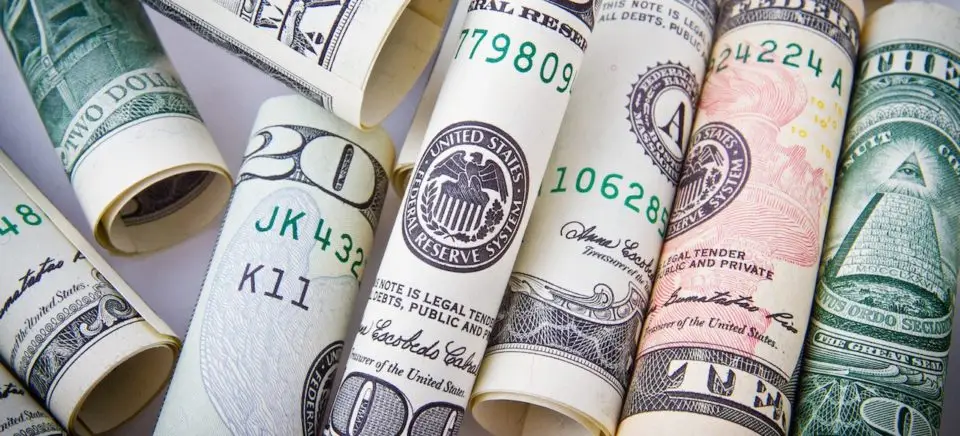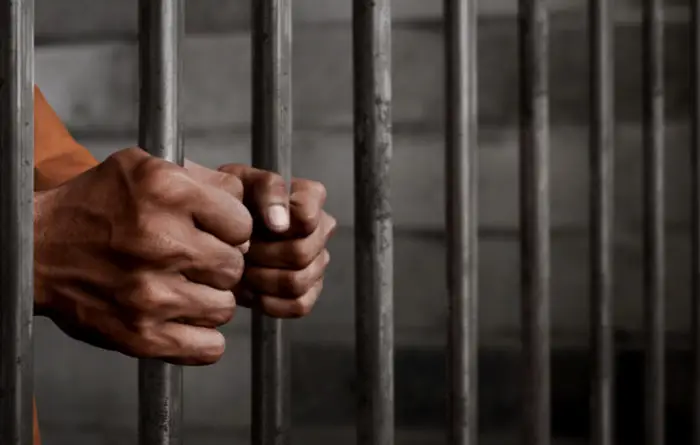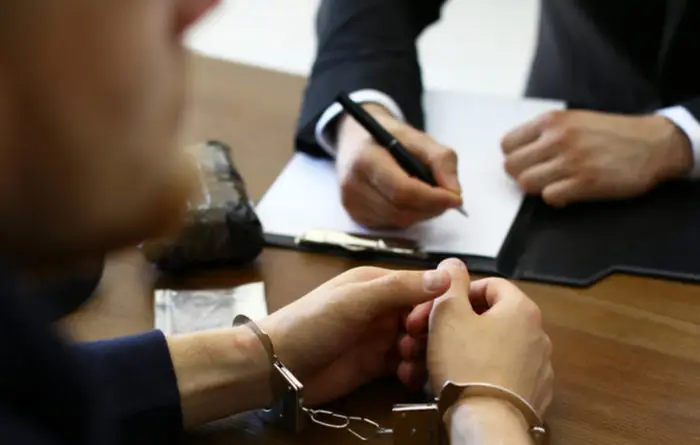Do You Get Bail Money Back? Let’s Find out

When you are arrested and charged with a crime, the court will set a bail amount. It is the money you must pay to be released from jail while you await your trial. If you do not have the money to pay bail, you can contact a bail bondsman. They will post the bail for you in exchange for a fee.
But what happens to your bail money once the trial is over? How long does it take to get your bail money back?
What is bail, and Who sets it?
Bail is simply an insurance policy that guarantees their appearance in court. The authorities may hold you in custody if you cannot post bail until your trial. It can be a very stressful experience, as you cannot go about your daily life or work while you await your trial date.
A judge often sets bail during a defendant’s first court appearance. The amount of bail is based on several factors, including the severity of the crime, the risk of flight, and the defendant’s criminal history.
There are two types of bail: surety and cash.
Surety bail is when someone else agrees to pay the bail if the defendant does not attend court.
Cash bail is when the defendant pays the total amount in cash. Bail can also be in property, such as real estate.
The Eighth Amendment to the United States Constitution protects citizens from “excessive” bail.
When Do You Get Bail Money Back?
Bail money is usually returned when the court case has ended, and the person has been cleared of all charges.
But there are exceptions to this rule,
If the defendant does not show up for court
The bail money may be forfeited and used to pay any fines or fees associated with the case.
If the defendant is found guilty
Bail Money is used for fines and restitution that the court has ordered. In some cases, a portion of the bail money may be refunded even if the defendant is found guilty. It usually depends on which state you are from.
If the charges against you are dropped before you go to court
The prosecutor may return your bail money to you. However, you will not get your bail money back if the charges are dropped after you have already been to court.
In other circumstances, you may not get your bail money back even if the charges against you are dropped. For example, if you fail to appear in court when required or violate the terms of your release, your bail money may be forfeited, and you will not get it back.
If you’re posting bail for someone, it’s essential to understand the risks involved. There’s always a chance that you may not get your money back.
Factors Affecting the Return of Bail Money
Many factors determine the return of bail money. The type of offense committed, the defendant’s criminal history, and the amount of bail set are all considered when deciding to return bail money. In some cases, the court may find that the defendant is a flight risk and order that the bail is forfeited. Factors such as these must be taken into account when deciding whether or not to return bail money.
For what crimes can you not get bail?
Some of the most serious crimes that can result in a denial of bail include murder, terrorism, and rape. These are all considered capital offenses, meaning they can result in a death sentence. Other serious offenses that can lead to a denial of bail include kidnapping and armed robbery.
If you’re looking for inmate search in Wichita you can use this page to get started.




